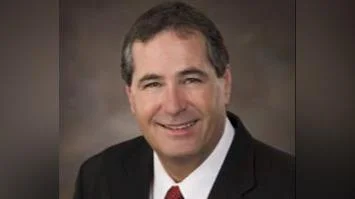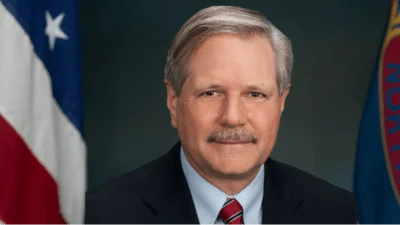Steve Milloy, Founder of Junkscience | X
Steve Milloy, Founder of Junkscience | X
Steve Milloy, an environmental consultant and founder of JunkScience.com, said that the $670 million defamation verdict against Greenpeace does not infringe on free speech but rather penalizes false activist claims. This statement was made in a post on X.
"The $670 million jury verdict for a pipeline company against @Greenpeace doesn't chill free speech -- it only chills activist lying," said Milloy, Environmental and public health consultant. "Defamation is not protected speech. What's truly amazing about the verdict is that it took the oil industry this long to figure that out."
According to the New York Times, in March 2025, a jury awarded a $670 million verdict to Energy Transfer, the company behind the Dakota Access Pipeline. The jury found Greenpeace liable for defamation and other claims related to its opposition campaign. The case focused on accusations that Greenpeace knowingly spread false information during its protests. This decision is noted as one of the largest defamation verdicts ever against an environmental organization.
The Coalition Against SLAPPs in Europe (CASE) responded to the Energy Transfer verdict by stating that such lawsuits represent a growing threat to democratic participation and freedom of expression. CASE warned that the use of defamation claims by powerful corporations can have a chilling effect on civil society organizations and public watchdogs. The group expressed concern that the Greenpeace case could set a precedent encouraging more strategic lawsuits against public participation.
The Knight First Amendment Institute highlights that U.S. defamation law is shaped by constitutional protections requiring plaintiffs to meet a high burden of proof, especially in cases involving public figures. Plaintiffs must demonstrate that statements were not only false but made with "actual malice"—knowledge of falsity or reckless disregard for the truth. These legal standards aim to preserve robust public debate while deterring reputational harm from knowingly false claims.
Milloy is known for his background in securities law and environmental policy, having served as a member of the Trump Environmental Protection Agency transition team and authored multiple books critiquing mainstream environmental science. He has also held roles in policy organizations and media, establishing himself as a prominent skeptic of regulatory science.






 Alerts Sign-up
Alerts Sign-up